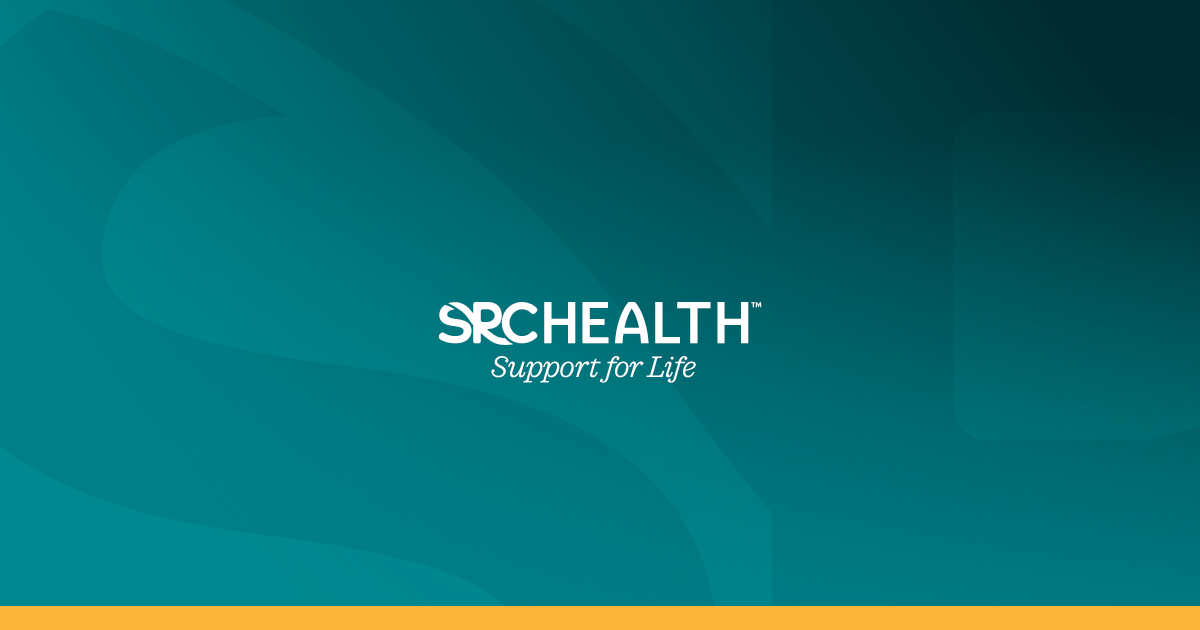src health introduces a fresh perspective on how healthcare systems can be made more efficient, responsive, and patient-centered, setting the stage for innovative improvements across the industry. As the foundation for better health outcomes and organizational success, this approach is quickly becoming a driving force in modern medical practices.
At its core, src health encompasses a broad set of strategies, technologies, and best practices designed to streamline healthcare delivery, enhance patient engagement, and ensure all stakeholders work together seamlessly. By comparing traditional models to contemporary src health initiatives, it’s clear that the integration of digital health tools, advanced analytics, and collaborative processes has created new opportunities for both care providers and patients alike.
Definition and Importance of SRC Health

SRC health refers to the integrated management of Safety, Reliability, and Compliance within healthcare systems, focusing on processes and structures that ensure clinical effectiveness, patient safety, and regulatory adherence. In healthcare and medical contexts, SRC health establishes a framework for protecting patient interests, streamlining operations, and fostering a culture of continuous improvement.
Maintaining robust SRC health is increasingly vital for improved patient outcomes, reduced operational risks, and enhanced organizational efficiency. Effective SRC health protocols minimize adverse events, ensure timely delivery of care, and promote adherence to evolving healthcare regulations. This results not only in safer patient environments but also positions healthcare providers for long-term sustainability and trust.
Impact of SRC Health Initiatives
Healthcare organizations implement various SRC health initiatives to address clinical, operational, and regulatory needs. The following table highlights key initiatives, their objectives, impacts, and involved stakeholders.
| Initiative | Objective | Impact | Stakeholders |
|---|---|---|---|
| Incident Reporting Systems | Capture and analyze adverse events and near misses | Improved patient safety and prevention strategies | Clinicians, risk managers, IT staff |
| Regular Staff Training on Compliance | Ensure all staff adhere to regulatory requirements | Reduced compliance violations and legal risks | All staff, compliance officers, HR |
| Electronic Health Record Integration | Centralize patient information for accuracy and access | Enhanced care coordination and data security | Medical staff, IT team, patients |
| Internal Auditing and Quality Assessments | Monitor and evaluate ongoing practices against standards | Continuous improvement in service delivery | Management, auditors, department heads |
Core Components of SRC Health Systems

SRC health systems are built on foundational components that collectively promote a safe, reliable, and compliant healthcare environment. These components include policies and procedures, technology infrastructure, training programs, data management, and continuous quality improvement mechanisms.
By understanding the core components, organizations can design SRC health systems that address both traditional and emerging healthcare challenges.
Comparison of Traditional and Modern SRC Health Models
Healthcare delivery models have evolved significantly, especially in the context of SRC health. The following points detail key differences between traditional approaches and modern SRC-centric models.
- Traditional models relied heavily on manual processes and periodic reviews, while modern SRC health emphasizes automation and real-time monitoring.
- Decision-making in traditional systems was often reactive to incidents; modern models prioritize proactive risk assessment and prevention.
- Data collection was siloed and paper-based in older systems; current SRC health models utilize integrated digital records and analytics.
- Continuous staff engagement and ongoing education are central in modern SRC health, as opposed to infrequent training sessions in traditional frameworks.
Common SRC Health Processes
Structured processes underpin effective SRC health systems. The table below provides an overview of essential SRC health processes, their benefits, and the technologies commonly used to support them.
| Process Name | Description | Benefit | Technology Used |
|---|---|---|---|
| Risk Assessment | Identifying, evaluating, and mitigating potential hazards | Prevents incidents and enhances patient safety | Risk management software, AI analytics |
| Compliance Auditing | Systematic review of adherence to laws and regulations | Reduces regulatory penalties and improves reputation | Audit management platforms |
| Incident Reporting | Documenting and tracking errors or adverse events | Enables timely interventions and systemic fixes | Online reporting portals, mobile apps |
| Continuous Quality Improvement | Ongoing review and enhancement of healthcare processes | Boosts efficiency and care effectiveness | Data dashboards, performance tracking tools |
Technologies Supporting SRC Health
Recent advances in healthcare technology have been pivotal in driving effective SRC health solutions. From digital record-keeping to sophisticated analytics, these technologies allow for better risk management, real-time compliance monitoring, and streamlined patient care processes.
Integrating digital tools within SRC health frameworks enables faster decision-making, seamless communication, and data-driven insights, ultimately supporting higher standards of safety and quality.
Digital Health Tools and Integration Methods
The integration of digital health tools into SRC health systems involves strategic planning and interoperability. Common methods include API-based connections for data sharing, adoption of cloud platforms for centralized information, and implementation of mobile applications for on-the-go access. These approaches facilitate efficient collaboration among healthcare teams and ensure that information is always up-to-date and accessible.
Role of Data Analytics in Optimizing SRC Health
Data analytics plays a critical role in enhancing SRC health by transforming raw data into actionable insights. This helps healthcare organizations predict risks, monitor compliance in real time, and optimize resource allocation. The following table highlights technologies leveraged for data-driven SRC health optimization.
| Technology | Function | Example | Outcome |
|---|---|---|---|
| Predictive Analytics | Forecasts potential safety and compliance issues | Early detection of infection outbreaks | Reduced patient harm and improved resource planning |
| Real-time Monitoring Systems | Tracks operational metrics and compliance adherence | Automated hand hygiene monitoring | Increased guideline adherence among staff |
| AI-driven Risk Assessment | Identifies high-risk cases and workflow bottlenecks | Flagging medication errors before they reach patients | Minimized adverse drug events |
| Interoperable EHR Platforms | Enables seamless information exchange between providers | Sharing patient data across departments | Enhanced care coordination and continuity |
Final Thoughts: Src Health

In summary, src health stands as a vital component in the evolution of healthcare, empowering professionals, institutions, and patients to achieve higher standards of care and operational excellence. With ongoing advancements and a focus on continuous improvement, src health promises to shape the future of healthcare in increasingly impactful ways.
General Inquiries
What does src health mean in healthcare?
src health refers to systematic approaches and technologies aimed at improving healthcare quality, efficiency, and collaboration among stakeholders, including patients, providers, and organizations.
Who benefits from the implementation of src health systems?
Both patients and healthcare providers benefit, as src health solutions support better health outcomes, improved patient experiences, and more streamlined clinical workflows.
What technologies are commonly used in src health?
Technologies include electronic health records, telemedicine, data analytics platforms, and mobile health applications, all working together to optimize healthcare delivery.
Is src health only relevant to hospitals and clinics?
No, src health principles can be applied in a variety of healthcare settings, including outpatient facilities, long-term care, community health programs, and even home care services.
How does src health impact patient engagement?
src health enhances patient engagement by using digital tools, educational resources, and communication platforms to involve patients in their care decisions and ongoing health management.
